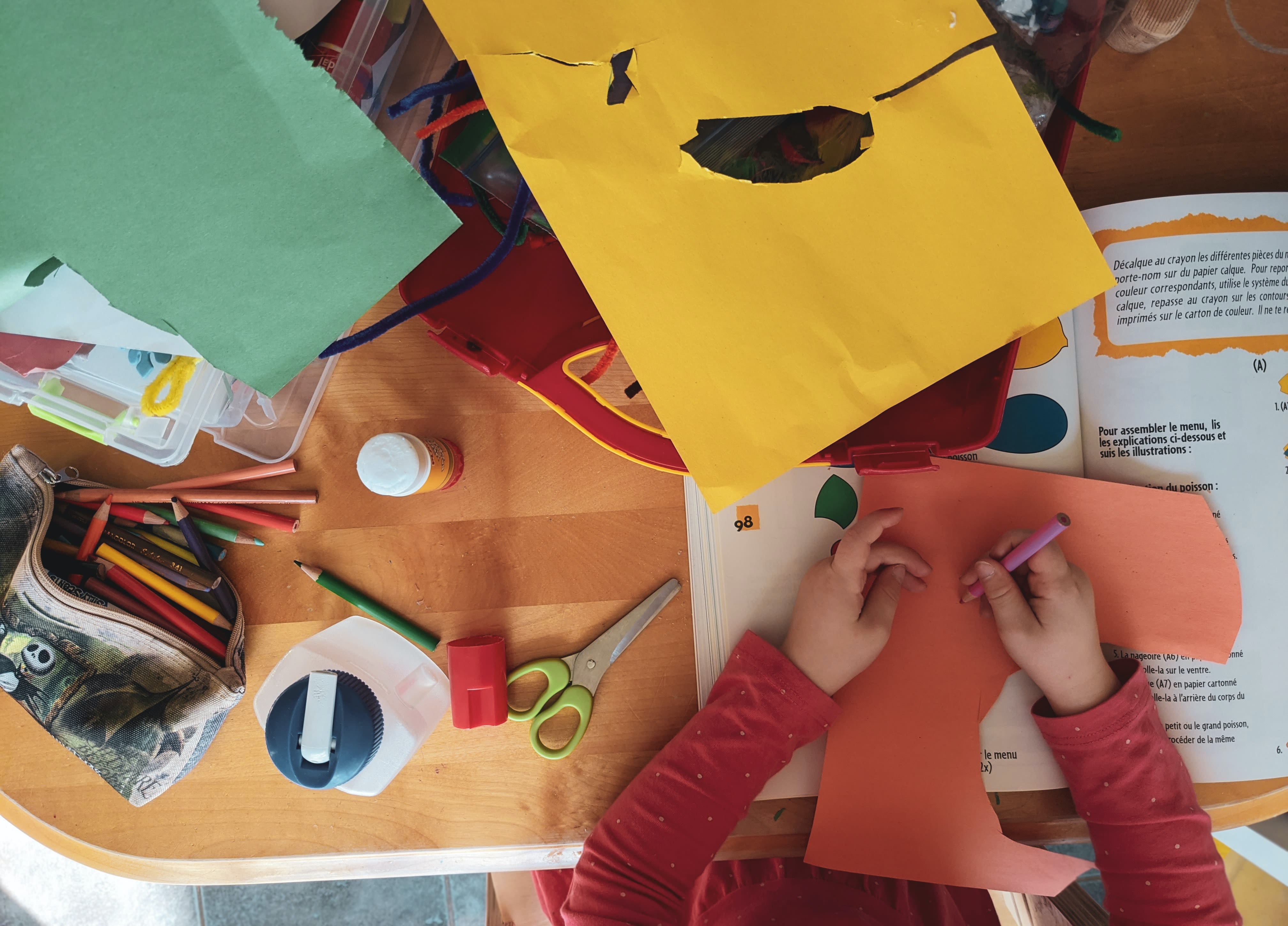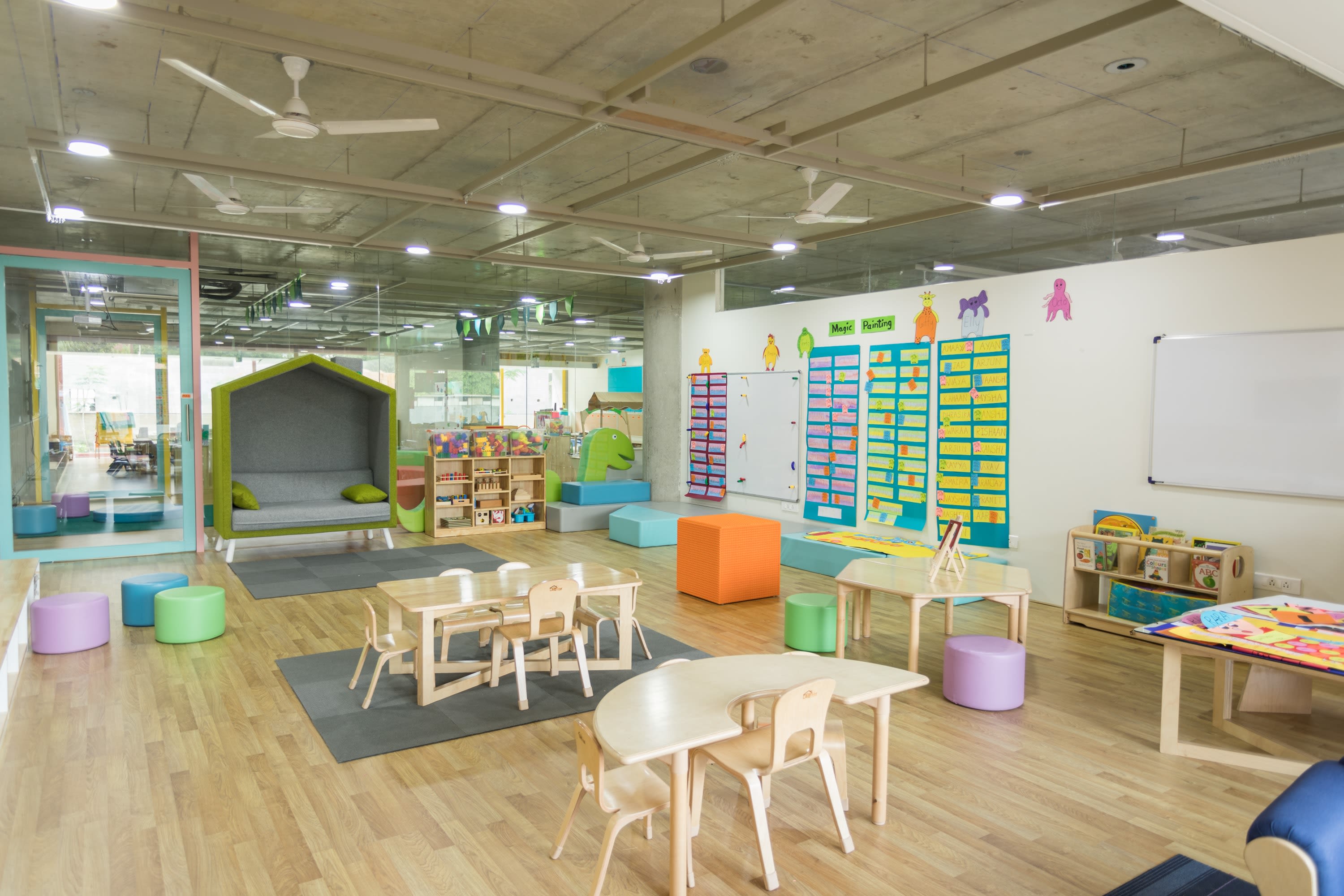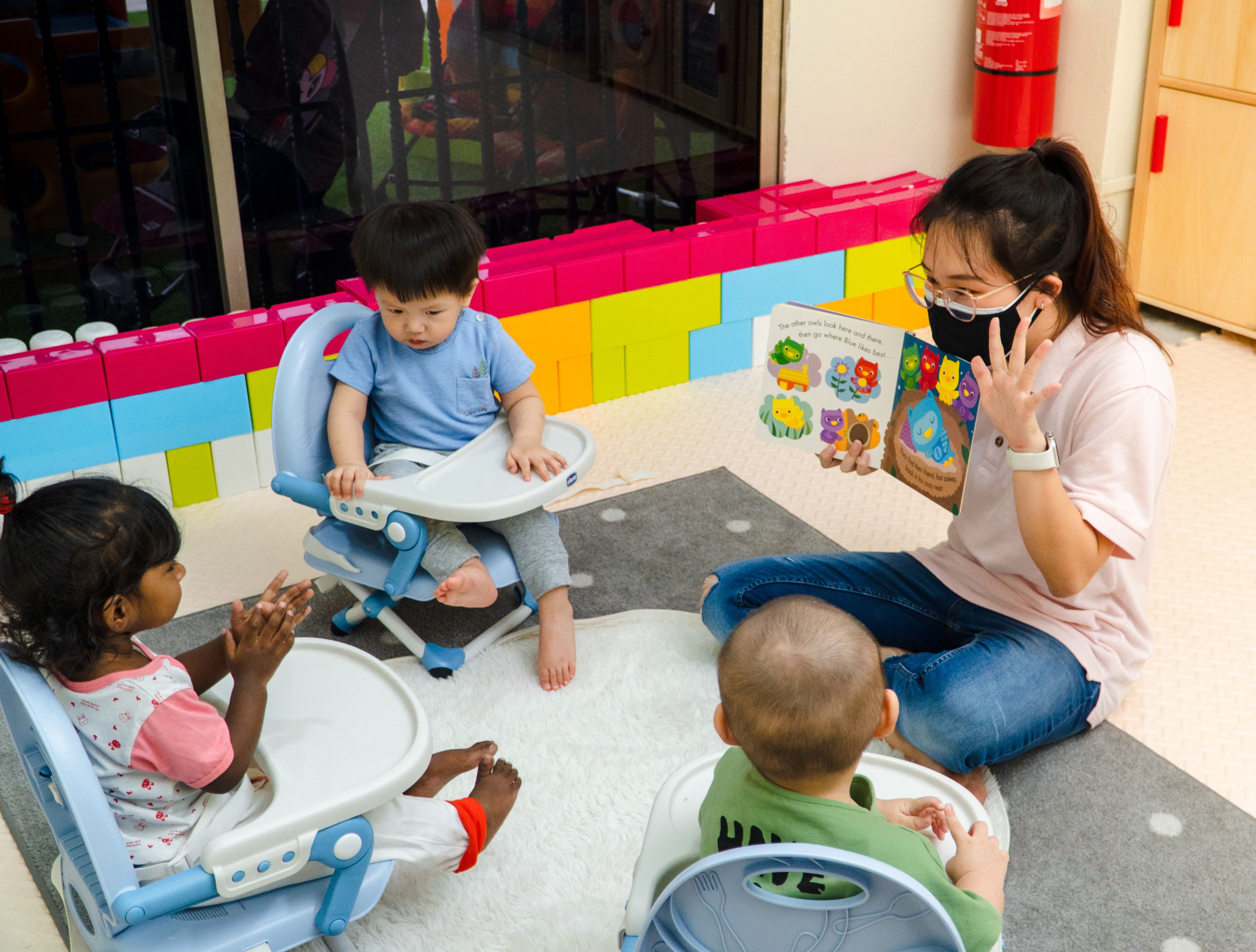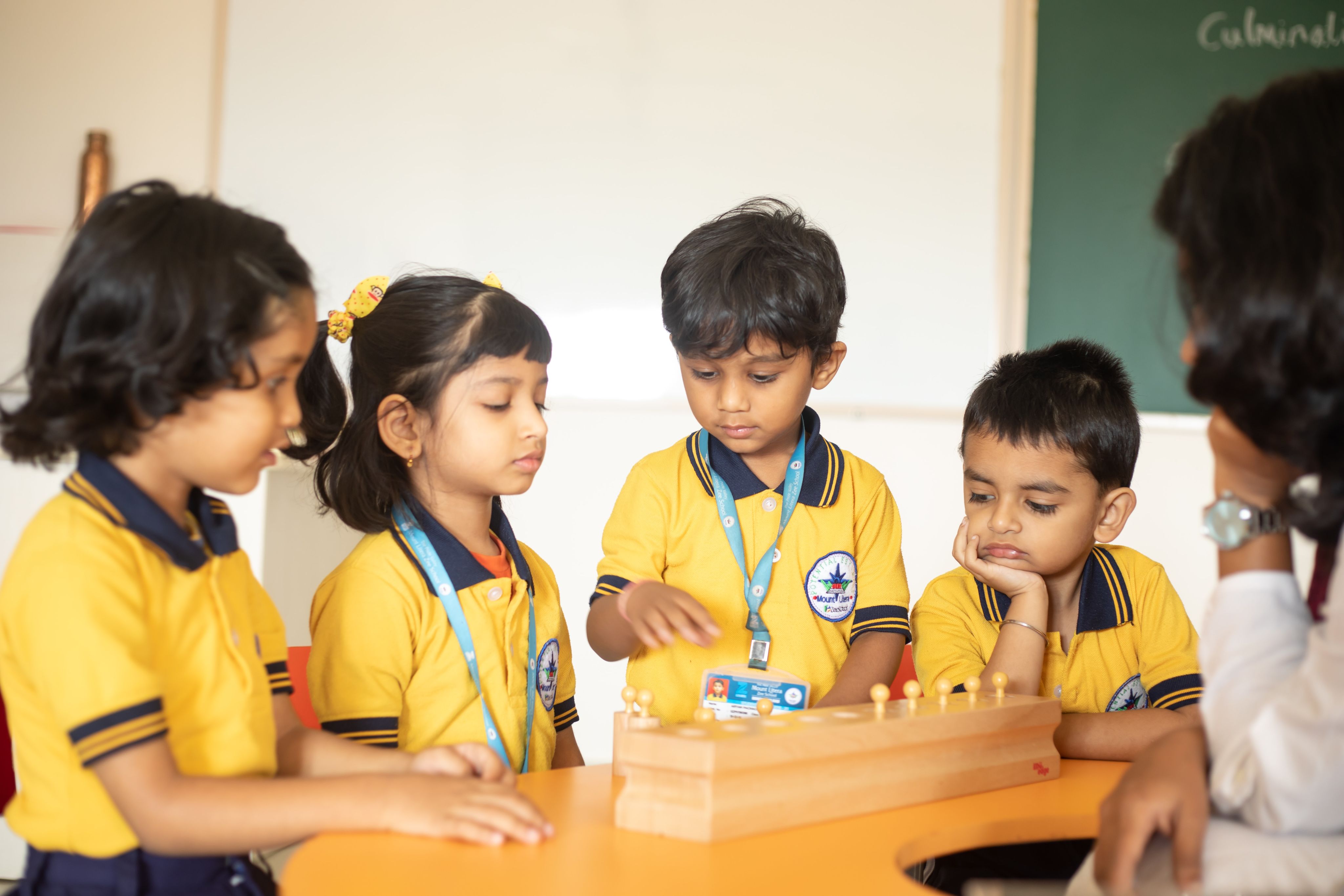Unlocking the True Value of Early Childhood Educators: Beyond the Label of a 'Glorified' Babysitter

When we think of early childhood educators, it's easy to conjure up images of people who simply keep an eye on young children while their parents are at work. But the reality is far different. Early childhood educators are individuals who have made a conscious choice to work with young children, and develop their logical, social, and emotional skills to prepare them for their formal education journey. They are responsible for assisting children with daily tasks, such as serving meals and supporting conversations between peers, as well as facilitating conflict resolution during altercations. But that's not all, early childhood educators also create and engage in play-based programs to help children develop their cognitive abilities.
It's often assumed that early childhood educators simply need to know how to entertain children all day. However, these professionals undergo rigorous training, including obtaining a diploma or degree that includes practicum placements. This level of education is on par with the requirements for primary school teachers. In other words, early childhood educators are highly trained and skilled professionals who have made it their life's work to help young children develop the skills they need to succeed in the future.
Despite this, the lack of knowledge about the rigorous training that early childhood educators undergo often leads to a dismissive attitude towards their work. Society fails to recognize the vital role that early childhood educators play in shaping the future of young children. Instead, they are often seen as glorified babysitters, rather than the highly trained professionals that they truly are. By recognizing the rigorous training and qualifications that early childhood educators possess, we can start to appreciate the incredible work they do, and support them in their efforts to help young children develop the skills they need to succeed in life.
Early childhood educators are responsible for creating and implementing lesson plans that cover a wide range of topics, from science and math, to language and social studies. They have an in-depth understanding of child development, and must be able to adjust their teaching styles to meet the needs of individual children. This requires a deep understanding of different learning styles, and the ability to create engaging activities that appeal to different types of learners. Early childhood educators must also create a safe and nurturing environment for their students, manage their behavior, address their conflicts, and foster a sense of community within their classrooms. To do so, they must possess strong communication and interpersonal skills, as well as the ability to build positive relationships with both students and parents.
Early childhood educators have a unique understanding of the relationship between play and learning. They are able to connect with each child and create fun activities that support and develop their skills, helping them achieve learning outcomes, and fostering a love of learning in a fun, safe, and supportive environment. This is important because the first five years of a child's life are crucial to their development, and early childhood educators lay the foundations for all future education efforts, positive or negative.
However, the dismissive attitude towards early childhood education and educators can make it challenging for them to continue their important work. This lack of recognition impacts the quality of education settings, and teachers' abilities to maintain supportive environments for all children, leading to a lack of energy, and motivation to continue. As a society, it's time to acknowledge the crucial role early childhood educators play and support them in their efforts to shape the future of our children.
Early childhood educators are much more than just a glorified babysitters. They are highly trained and skilled professionals who play a critical role in shaping the future of young children. By recognizing their qualifications, expertise, and dedication, we can start to appreciate the important work they do and support them in their efforts to help young children develop the cognitive, academic, and social skills they need to succeed in life.



